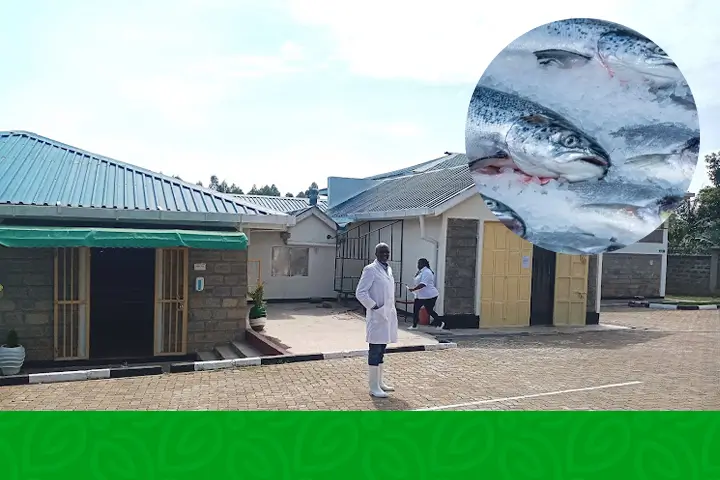
The Kakamega fish processing factory has achieved a significant milestone by obtaining certification to export fish and fish products to the European Union (EU) market. The factory, managed by the DAS Group, is now positioned to tap into the vast potential of the EU market by meeting the bloc’s stringent international standards.
According to Samuel Ondiek, the CEO of DAS Group, the factory is poised to supply fish products to as many as 27 EU countries. The product range includes dried smoked, fresh, frozen, steaks, and fish fillets, among other varieties. With a daily processing and export capacity of 20 tonnes, the annual demand for fish is projected to reach an impressive 7,000 tonnes.
“We have invested in cutting-edge technology and infrastructure to meet the demands of the export market. Our products have already garnered interest in Italy, the UK, and the Netherlands, with a weekly export volume of 10 tonnes,” stated Ondiek confidently.
The Kakamega fish processing factory has successfully fulfilled all legal requirements and acquired the necessary licenses and compliance certificates, paving the way for its entry into the lucrative EU market. During a tour of the factory in Lurambi subcounty on July 25, the Aquaculture Business Development Programme (ADBP) fisheries officer, Susan Odinga, and the county program coordinator for the International Fund for Agriculture and Development (IFAD), Norman Munala, presented the coveted certification to the company.
With the certification as a center for fish aggregation, warehousing, and international fish exports, the factory has now attained full compliance with the rigorous European Union Standards, as confirmed by ADBP and IFAD. This recognition positions the Kakamega fish processing factory as one of the premier fish processing facilities in Kenya, ready to meet both local and international demands.
The commitment to bolster the fish farming industry does not stop with the factory’s achievements. Kakamega Deputy Governor Ayub Savula emphasized the government’s focus on empowering fish farmers by providing subsidized feeds to make fish farming a lucrative and viable avenue for diversification. This move is aimed at reducing over-reliance on a single crop and promoting sustainable agricultural practices.
Savula expressed, “We are dedicated to supporting fish farmers by offering free fish feeds. Through strategic partnerships and budget allocation, we will mobilize farmers from cooperatives and aggregation centers to supply fresh fish to a ready market.”
In the midst of these positive developments, challenges have arisen in the fisheries sector concerning the operationalization of key organizations. Betsy Njani, the Blue Economy and fisheries PS, addressed concerns raised by the Public Investment Committee regarding the delay in operationalizing the Kenya Fishing Marketing Authority (KFMA) and the Kenya Fishing Industry Cooperation (KEFIC).
Njani acknowledged that budgetary constraints, procurement challenges, and human resource factors have contributed to the delays. However, the national government is taking proactive measures to address these issues. Consultative meetings with county governments are planned to reduce levies on local fish, aiming to lower the overall cost of fish production and further stimulate the growth of the fisheries industry.
With the Kakamega fish processing factory set to export fish and fish products to the EU market and the government’s commitment to supporting fish farming, Kenya is on the brink of unlocking the immense potential of its fisheries sector. By adhering to international standards and embracing sustainable practices, Kenya is poised to make a significant impact on the global fish market while empowering its local fish farmers for a prosperous future.
Stay updated with the latest farming tips and agriculture industry news from Africa by subscribing to our newsletter. Don’t miss out on valuable insights and updates. Follow us on Twitter, LinkedIn, and Facebook to join our farming community and stay connected with us.



















